The rising popularity of robot vacuum cleaners has revolutionized the way we approach home cleaning, offering convenience and efficiency that traditional methods struggle to match. With advancements in smart home technology, choosing the best brand for a robot vacuum cleaner can make a significant difference in cleaning performance and user experience. The market boasts a variety of brands, each offering innovative features such as advanced navigation systems, powerful suction capabilities, and app-controlled functionality. To discover the top brands that stand out in this competitive landscape and find the perfect fit for your cleaning needs, explore our comprehensive list below.
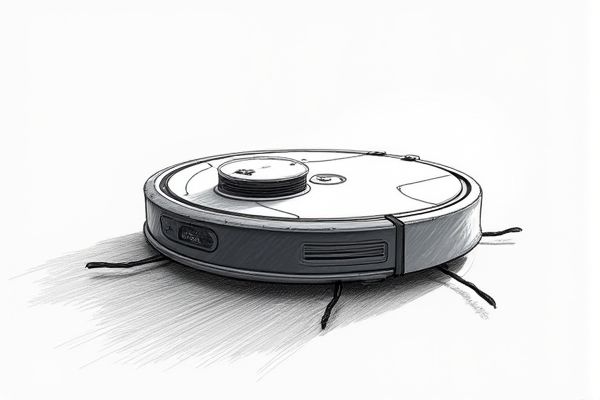
Illustration of robot vacuum cleaner
Best brands of robot vacuum cleaner in 2025
iRobot
iRobot Corporation is a leading global consumer robotics company, renowned for its innovative Roomba robot vacuum cleaners. Since its inception in 2002, iRobot has sold over 20 million units of robotic vacuum machines worldwide, with a significant presence in the global market. The company's consumer robots, such as the Roomba series, have driven adoption and maintained a leadership position in the robotic vacuum cleaner segment, supported by advanced technologies in mapping, navigation, and artificial intelligence. iRobot's strategy includes expanding its product portfolio, such as the Braava wet floor care products, and integrating its robots with smart home devices. The company's relentless pursuit of product leadership and global expansion has enabled it to maintain its market dominance despite increasing competition.
Roborock
Roborock has emerged as the leading global brand for robot vacuum cleaners, surpassing competitors in both unit sales and revenue in the second quarter of 2024, according to IDC's Worldwide Smart Home Device Tracker. The company achieved an 8% year-on-year increase in shipments and a 30.90% year-on-year growth in operating revenue, reaching 4.416 billion RMB (approximately USD$625 million) in the first half of 2024. Roborock's success is attributed to its innovative product designs, enhanced navigation, and strong global market penetration, particularly in the US, Germany, Korea, Turkey, and the Nordics. The brand has also been recognized for its high-end models, ranking first globally in sales of these premium products from July 2021 to June 2022. With a presence in over 170 countries and serving over 15 million homes, Roborock continues to drive growth through technological innovation.
Dyson
Dyson, a leading innovator in the vacuum cleaner industry, has emerged as a significant player in the robotic vacuum cleaner market. In 2022, Dyson held the second-largest market share in the global vacuum cleaner market at 12%. The company's entry into the robot vacuum market is marked by the launch of the Dyson 360 Vis Nav robot vacuum cleaner in May 2023, which boasts six times the suction power of its competitors and utilizes 360-degree vision for intelligent navigation. Dyson's commitment to advanced technology and innovation has positioned it as a major competitor, particularly with its ability to maintain 100% suction power consistently, a hallmark of its Dual Cyclone technology introduced in the DC01 model. This technological prowess and market presence underscore Dyson's status as one of the best producers of robot vacuum cleaners.
Ecovacs
Ecovacs has emerged as a leading producer of robot vacuum cleaners, with its market share increasing from 7% in 2014 to 17% in 2020, surpassing iRobot's revenue in 2022. The company's revenue from January to September 2022 reached CNY 10.1 billion (about USD 1.46 billion), a 23% increase from the previous year. Ecovacs' products, such as the DEEBOT series, are known for advanced technologies like TrueMapping 2.0, ZeroTangle Anti-tangle Technology, and integrated AI and reinforcement learning capabilities. With over 1200 patents globally, Ecovacs has expanded its sales to more than 145 countries and regions. The company's robust supply chain and affordable pricing have been key factors in its success. For more information, visit their official website.
Shark
Shark is a notable player in the robotic vacuum cleaner market, although it faces criticism for making its products difficult to repair. As of 2020, Shark held a modest market share of about 5% in the global robotic vacuum cleaner market. Despite the repair challenges, Shark's products are popular, and the company is part of a competitive landscape dominated by brands like Eureka, Dyson, and iRobot. Shark's market presence is significant, especially in regions like North America, where the U.S. market alone generated over USD 850 million in revenue for robotic vacuum cleaners in 2023. However, the brand's strategy of not selling repair components and frequently changing product designs hampers consumer and service center efforts to maintain and repair the devices. For more insights on vacuum cleaner statistics, visit the Market News website.
Neato Robotics
Neato Robotics is a leading producer of robot vacuum cleaners, renowned for its innovative D-shaped design that provides up to 70% more coverage than standard round robot vacuums, especially in corners and along walls. Their LaserSmart technology, utilizing LIDAR, enables precise mapping and cleaning even in low light conditions, making it up to 30% faster than camera-based navigation. Neato's products, such as the Neato D10, have won prestigious awards like the Red Dot Design Award for excellence in product design in 2022. Despite recent changes, Neato's focus on eco-friendly solutions and user feedback-driven product refinement has maintained a high standard in the industry. However, it is important to note that Neato has ceased its selling operations. For more information on their innovative robotics technology, visit the Neato Robotics website.
Eufy
Eufy, a subsidiary of Anker, has emerged as a leading producer of robot vacuum cleaners, known for their affordable yet feature-rich products. The brand has seen significant growth, with revenue for Eufy robot vacuum cleaners increasing by 434% over the last six months and unit sales up by 46% year-over-year. Eufy's robotic vacuums, such as the RoboVac 15C Max, offer advanced features like Wi-Fi connectivity, voice-activated controls, and enhanced suction power, making them a strong contender in the market. In the global vacuum cleaner market, Eufy captured 8% of the market share as of 2024, highlighting its growing presence. The brand's focus on efficiency, ease of use, and innovative technology has driven its success.
Samsung
Samsung has emerged as a significant player in the robot vacuum cleaner market, with its market share in South Korea nearing 30% as of August 2024, driven by the success of its Bespoke AI Steam model, which has seen cumulative sales surpass 10,000 units within 25 days of its launch. This model's hygiene-focused features, including a high-temperature steam function, have been particularly well-received. Samsung's proprietary security system, Knox, also enhances the security of its robot vacuums. The company's use of LiDAR technology and AI Floor Detect ensures efficient and precise cleaning. With its robust safety features and advanced sensors, Samsung's robot vacuums are ideal for homes with children and pets. For more information, visit their Samsung's robot vacuum cleaner guide.
Bissell
Bissell, a prominent player in the vacuum cleaner market, has made significant strides in the robot vacuum cleaner segment. While Bissell's market share in the broader vacuum cleaner market is notable, with $98.6 million in sales in 2020, the company's innovative products like the SpinWave(r) Plus Wet and Dry Robotic Vacuum showcase its commitment to technological advancement. This robotic vacuum, capable of both vacuuming and mopping, highlights Bissell's focus on user-friendly and efficient cleaning solutions. Although Bissell's market share in the robot vacuum segment is not as dominant as its competitors like Dyson and Shark, its products are highly regarded for their performance and value. Bissell's presence in the market is further bolstered by its wide range of cleaning solutions and accessories.
LG
LG is a prominent player in the robotic vacuum cleaner market, known for its smart, quiet, and highly efficient models. Their robot vacuums feature advanced technologies such as Dual Eye-Mapping, which enables precise home mapping and obstacle avoidance, and multiple cleaning modes to tackle various cleaning needs. LG's market share in the robotic vacuum cleaner sector is significant, with the company holding around 9% of the global market share as of recent statistics. Their products are designed for effortless cleaning, including multi-surface cleaning capabilities and scheduled cleanings, making them a favorite among consumers. With a strong focus on innovation and customer convenience, LG continues to be a key competitor in the growing robotic vacuum cleaner market. For more information, explore their offerings on LG's official site.










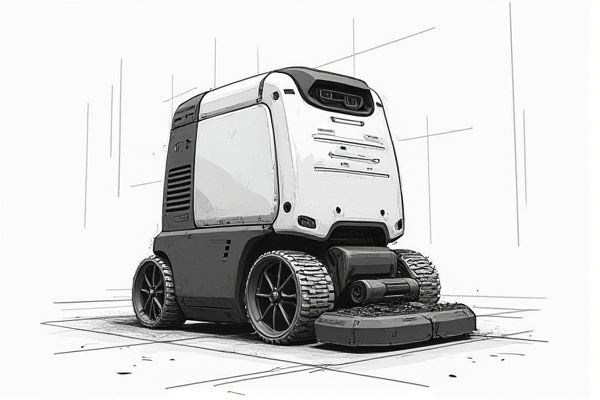
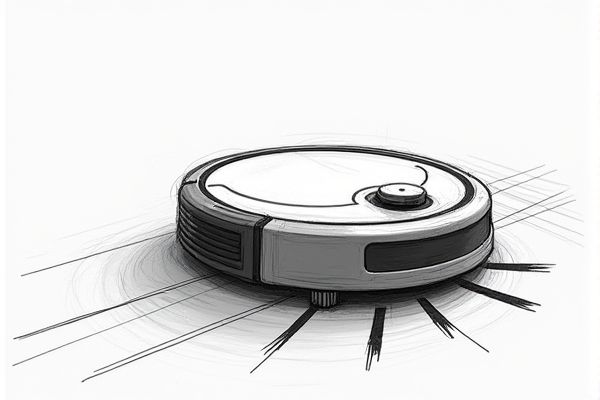
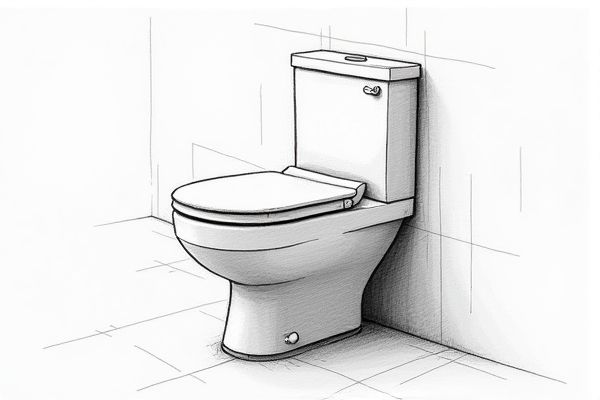
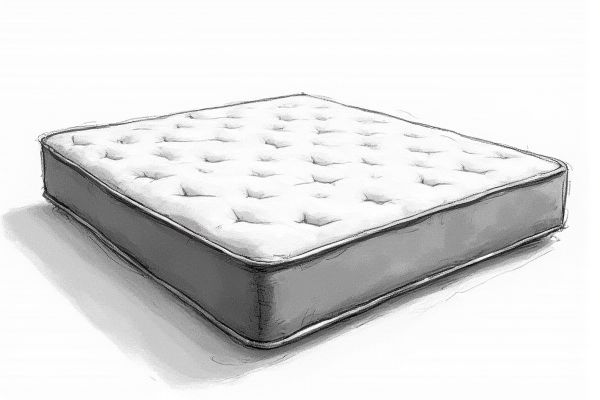
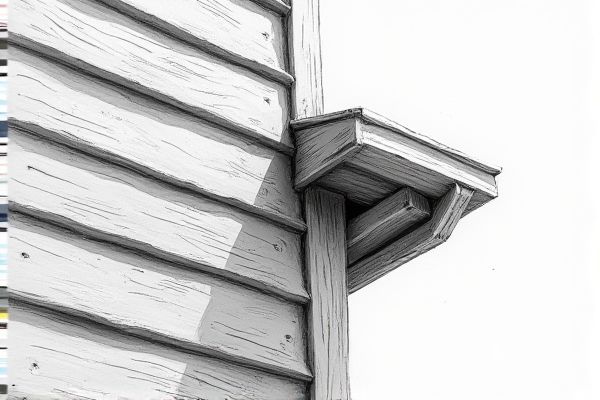
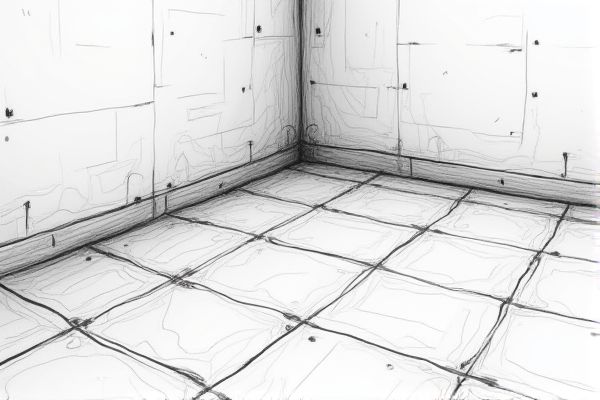
Leave a Reply
Your email address will not be published.